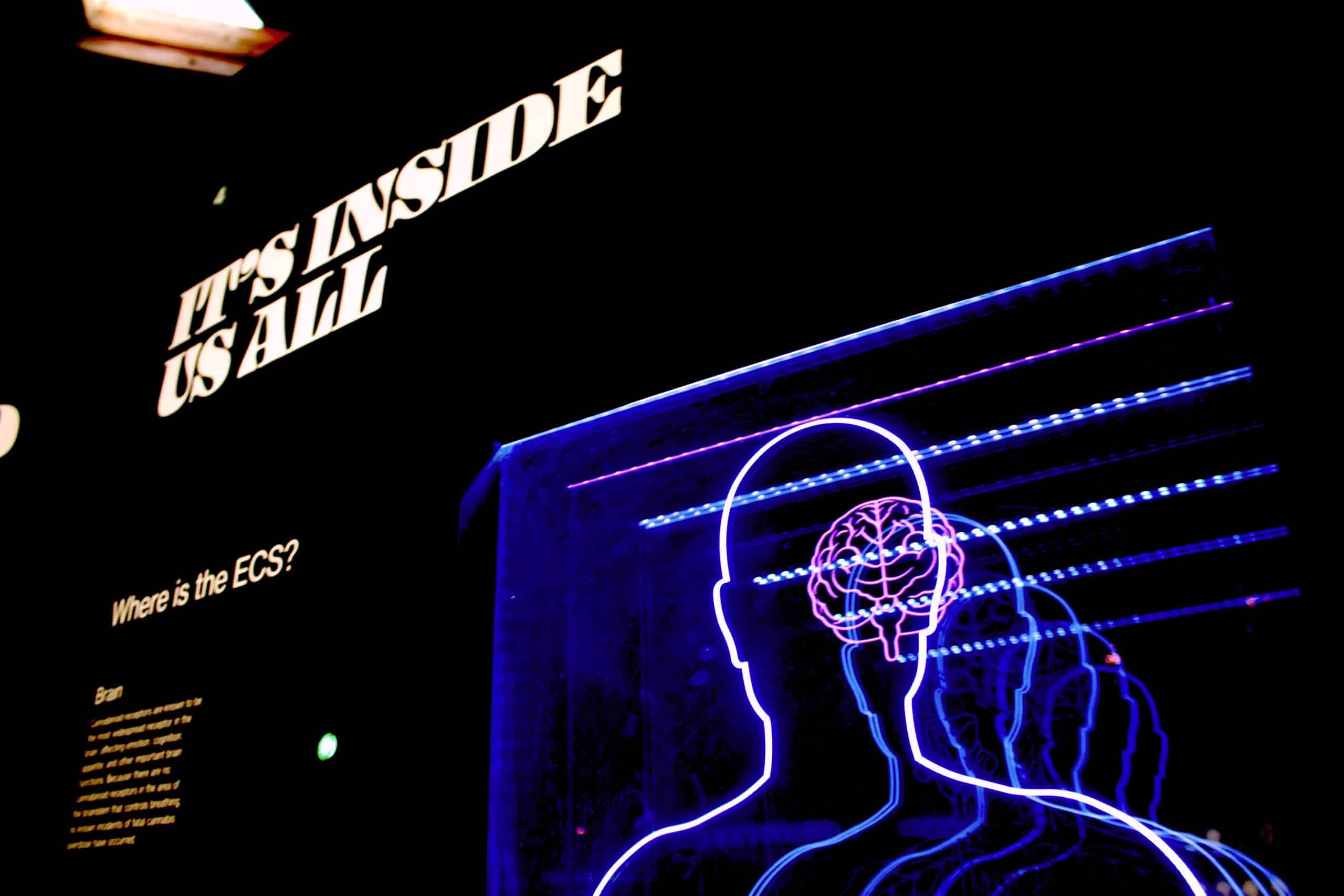The impact of technology on mental health: a new perspective

In recent years, the burgeoning field of digital technology has indelibly transformed the fabric of modern society. As you navigate through a digital landscape that has reshaped how we communicate, learn, and entertain ourselves, it’s important to consider its profound impact on mental health. While technology has undoubtedly improved many aspects of daily life, it has also ushered in a suite of unique challenges, particularly in the realms of mental health care and wellness.
The intersection of mental health and technology is complex, with digital advancements offering both potential therapeutic benefits and raising concerns about their effects on our psychological well-being. Social media, online connectivity, health apps, and access to immediate information have become double-edged swords, providing both support and stressors to individuals across the United States and globally.
Cela peut vous intéresser : How drones are changing the face of delivery services
In this article, we explore these dynamics, offering a fresh perspective on the nuanced relationship between technology and mental health. Let’s delve into the ways digital technology can be both a boon and a bane to mental well-being, examining its role in conditions such as depression, anxiety, and eating disorders, particularly among young people, and how health care professionals are adapting to this changing landscape.
The digital age and its psychological demands
The digital age has fundamentally altered how we spend our screen time and interact with each other. On one hand, technology has made information and support more accessible than ever before. Mental health resources, once scarce or hard to reach, are now available at the click of a button. However, with the benefits come significant challenges that can affect mental well-being.
A lire en complément : Can virtual assistants enhance educational experiences?
The constant connectivity afforded by digital technology can lead to an overwhelming influx of information and social pressure. While social media platforms can help people feel connected, they can also be breeding grounds for comparison, cyberbullying, and the dissemination of unrealistic standards, all of which can contribute to feelings of inadequacy or anxiety. For many, especially young people, navigating an online identity in addition to real-life challenges can be taxing.
Moreover, the addictive nature of digital content can lead to excessive screen time, which is associated with numerous adverse health outcomes. Excessive use of electronic devices, especially before bedtime, can disrupt sleep patterns, a crucial factor in maintaining mental health. The blue light emitted by screens can interfere with the production of melatonin, the hormone responsible for regulating sleep, and this disruption can exacerbate or contribute to mental disorders like depression and anxiety.
Balancing mental health and digital technology
The key to reaping the benefits of digital technology while minimizing its negative effects on mental health lies in balance and mindful usage. It is vital for individuals to become aware of their digital habits and make intentional choices about how they engage with technology. Setting boundaries around screen time, particularly in the hours leading up to sleep, can help mitigate some of the adverse effects technology can have on mental well-being.
Health care professionals are increasingly integrating digital technology into their practices, offering telehealth services and utilizing health apps to track patient progress and deliver therapy. These tools can be particularly advantageous for those who may not have ready access to traditional in-person care, such as people living in remote areas or those with mobility challenges. However, it’s crucial that these digital health solutions are used to complement, not replace, the essential human element of health care.
Furthermore, it’s important for social media platforms and technology companies to acknowledge their role in public health and take steps to make the digital environment a safer space. This might include implementing more robust systems to detect and address cyberbullying, providing resources for users struggling with mental health issues, and designing apps that encourage healthier usage patterns.
The role of data in understanding mental health
The digital age has brought about an explosion of data that, when used responsibly, has the potential to revolutionize the field of mental health. Big data analytics enables researchers and care providers to detect patterns and trends that were previously invisible, offering insights into the causes and treatments of mental health conditions. This can lead to more personalized and effective care, as treatments can be tailored to the unique needs of the individual.
However, the collection and use of personal data must be handled with the utmost respect for privacy and ethical considerations. Individuals must be informed and given control over how their data is used, and safeguards must be put in place to protect sensitive information from misuse. When managed correctly, the wealth of data available through digital technology can be a powerful tool in advancing mental health care and research.
Technology’s role in addressing specific mental health issues
Digital technology has given rise to various platforms and apps designed to help individuals manage their mental health. From mindfulness apps that guide users through meditation to online support groups for those dealing with depression or anxiety, technology offers diverse resources tailored to different needs.
Moreover, technology has been instrumental in shedding light on less-discussed mental health conditions, such as eating disorders. Online communities and awareness campaigns have helped to destigmatize these conditions, encouraging more people to seek help.
However, while these resources can be incredibly helpful, they are not a substitute for professional care. It’s crucial for individuals to recognize when they need to seek in-person help and for technology to be used as a stepping stone to, rather than a replacement for, comprehensive mental health care.
The future of mental health in the digital era
As we look towards the future, the relationship between technology and mental health will continue to evolve. Advances in artificial intelligence and machine learning offer promising new avenues for mental health diagnosis and treatment. Virtual reality is being explored as a tool for exposure therapy, and wearable devices can provide real-time data to help individuals monitor their mental state.
The challenge will be to harness these technological advancements in a way that respects individual autonomy and privacy while providing accessible and effective care. As the digital landscape changes, so too must our approaches to mental health, always with an eye towards the ethical implications and the diverse needs of the people.
In conclusion, the impact of technology on mental health is multifaceted and ever-changing. While digital advancements have presented new challenges for mental well-being, they also offer unprecedented opportunities for support and treatment. By fostering a balanced relationship with technology, prioritizing ethical data use, and embracing innovation in health care, we can enhance the mental health of individuals and communities in the digital era. It’s essential to continue the dialogue on this topic, ensuring mental health remains a priority in our rapidly evolving digital world.
